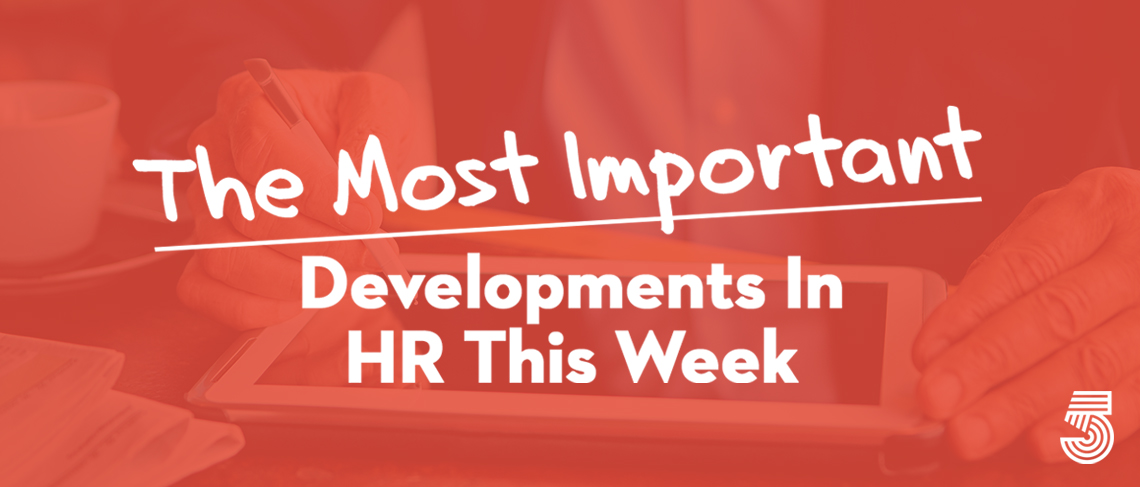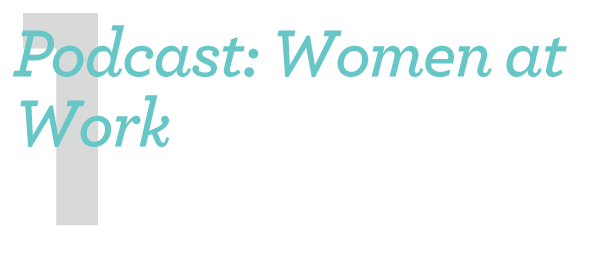
This week, HBR’s Women at Work podcast kicked off a new season of conversations about women in the workplace. The first episode, Let’s Talk About Money, tackles pay equity issues. Talking with colleagues about how much we earn can help us figure out if we’re being paid fairly, but sharing those numbers is stressful. This may be working against women, because research has shown that salary transparency can help narrow the gender pay gap. This episode explores the complexities of talking about salaries. First, an economist walks through the pros and cons of disclosing your pay. Then, the host of a personal finance podcast explains why she encourages people to speak openly about salaries. Finally, an HR executive gives advice on how to deal with the gut punch of learning that a peer makes more than you do. Harvard Business Review
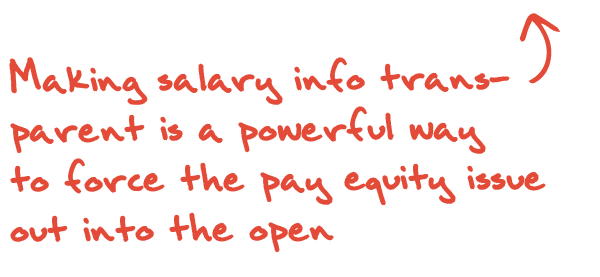
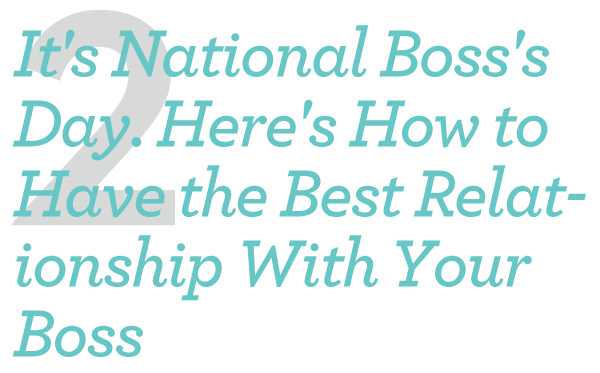
For National Boss’s Day (Oct. 16) CNN pulled together a collection of articles about dealing with sticky issues related to higher-ups. Topics and tips include what makes a good boss (micromanagers beware), what to do when your boss is a workaholic (one word: boundaries) and, perhaps the most helpful, what to do if you think your boss hates you. The advice for dealing with this potentially job-ending situation: “You need to get along with your boss. So, stop complaining. Walking around the office lamenting to your peers about the situation hurts your brand and could eventually make its way back to your boss and damage the relationship even further. Then start paying more attention to your boss’s work style and adapt to better fit their expectations. It also helps to pay attention to when the boss is giving kudos to get a better sense of what appeals to them.” CNN

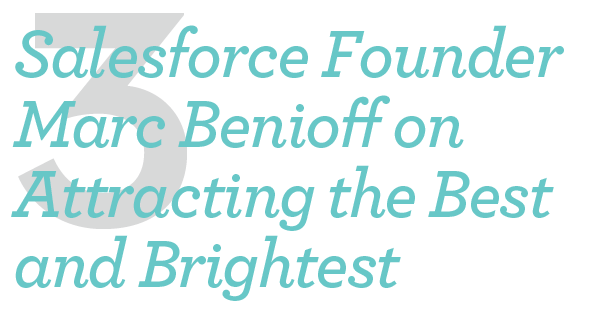
Benioff tells the Salesforce origin story in his new book, Trailblazer: The Power of Business as the Greatest Platform for Change. The book, published this week, serves as a reminder to business leaders that rhetoric alone isn’t enough — anyone can talk a good game when it comes to giving back, but authentic leaders express their values through their words and actions. Benioff attributes Salesforce’s meteoric market value (from $1 billion to $120 billion since going public in 2004) to “the most powerful engine of growth.” That powerful engine was the decision to build a company around values that attracted the best and the brightest employees. “In a competitive business such as tech, where luring top talent can be the difference between profit and loss, it’s often something intangible — like a diverse, inclusive, values-driven culture — that determines where the best and brightest decide to work,” writes Benioff. Forbes


Forget CX, EX, or any of the other buzzwords of the moment about how to achieve corporate nirvana. Now, it’s all about the “flow state.” What is it? It’s that thing that happens when you get totally lost in the moment. Imagine going to a concert. Look or listen closely and you’ll see that the performing artists are in “the zone.” They’re so totally engrossed in their craft that their listeners are pulled into their trance. That’s a “flow state.” It’s a coveted place to be. Achieving flow is critical to success in any venture, whether it’s creating music, producing a film, fielding a sports team, performing major surgery, or running a business. As the research and consulting firm Forrester points out, “a growing body of scientific research is proving that supporting employees’ ability to reach a mental state called flow is much more important to boosting customer satisfaction, talent retention, and revenue growth.” Fortune
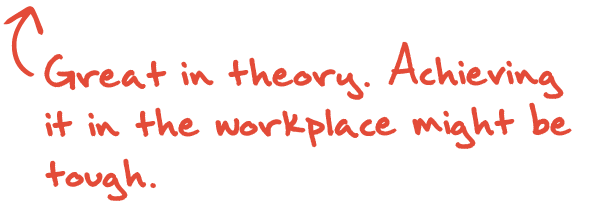
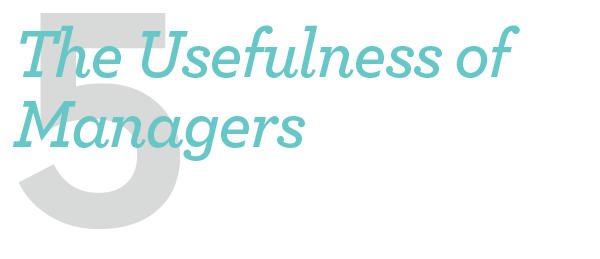
We always read Bartleby’s column in The Economist for interesting spins on workplace stuff, and his latest is no exception. This month he’s opining on managers. Here’s a snippet. “Is your manager really necessary? It is not always clear to workers how much their supervisors are contributing to the success of an organisation. It may not even be clear to the managers themselves. After a long day filled with meetings, many bosses must wonder what they have actually achieved. Finding a way to measure the direct contribution of managers can be difficult. But Stephan Billinger and Stephen Rosenbaum, two academics from the University of Southern Denmark, have made a brave attempt. Their study used a variation of a common laboratory experiment, known as a public-goods game, to test the impact of managers on worker collaboration.” The result? Managers are useful. But they can be sneaky, so watch them. The Economist







